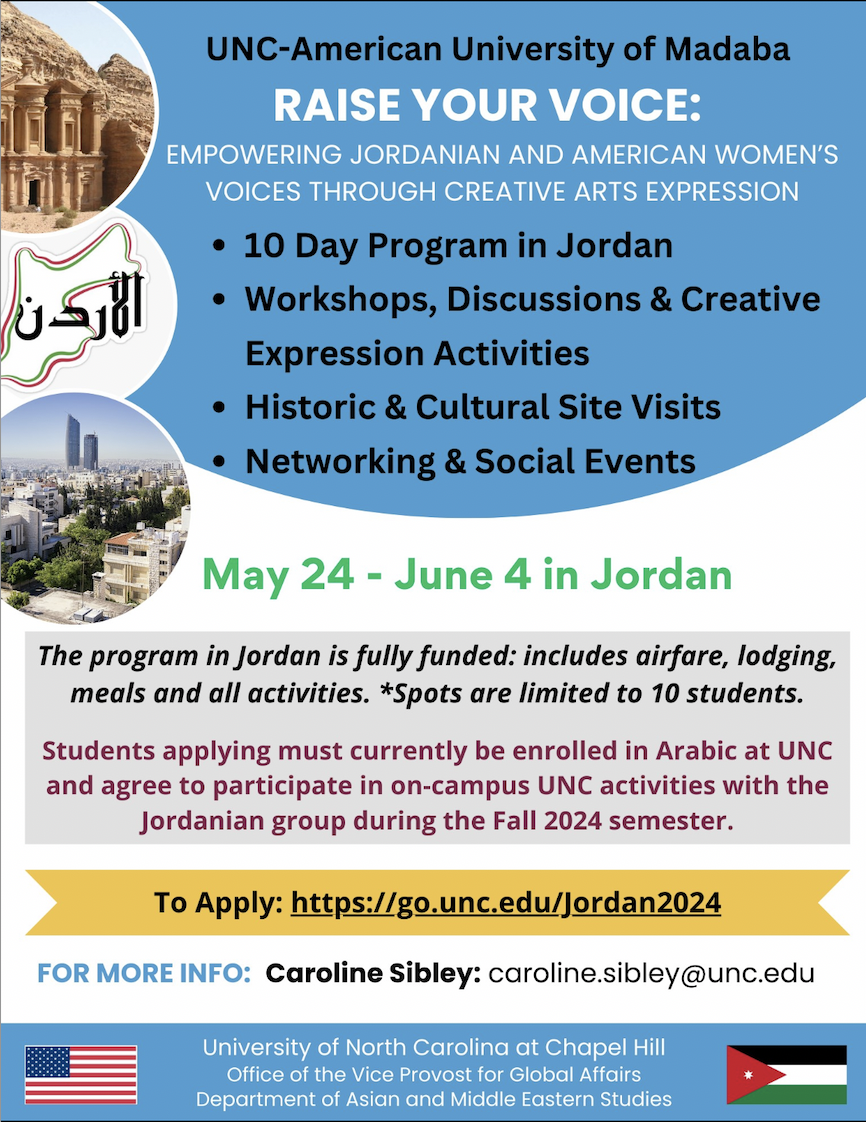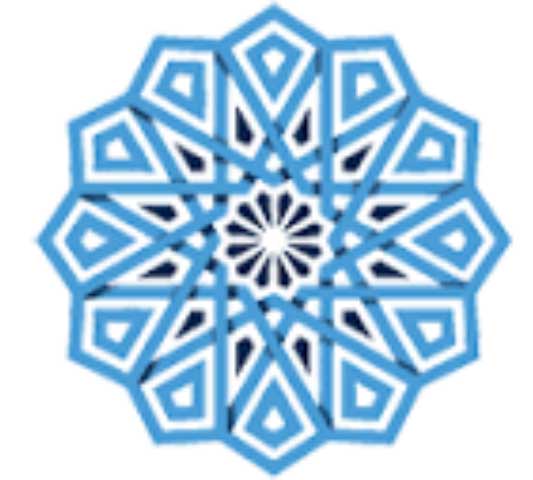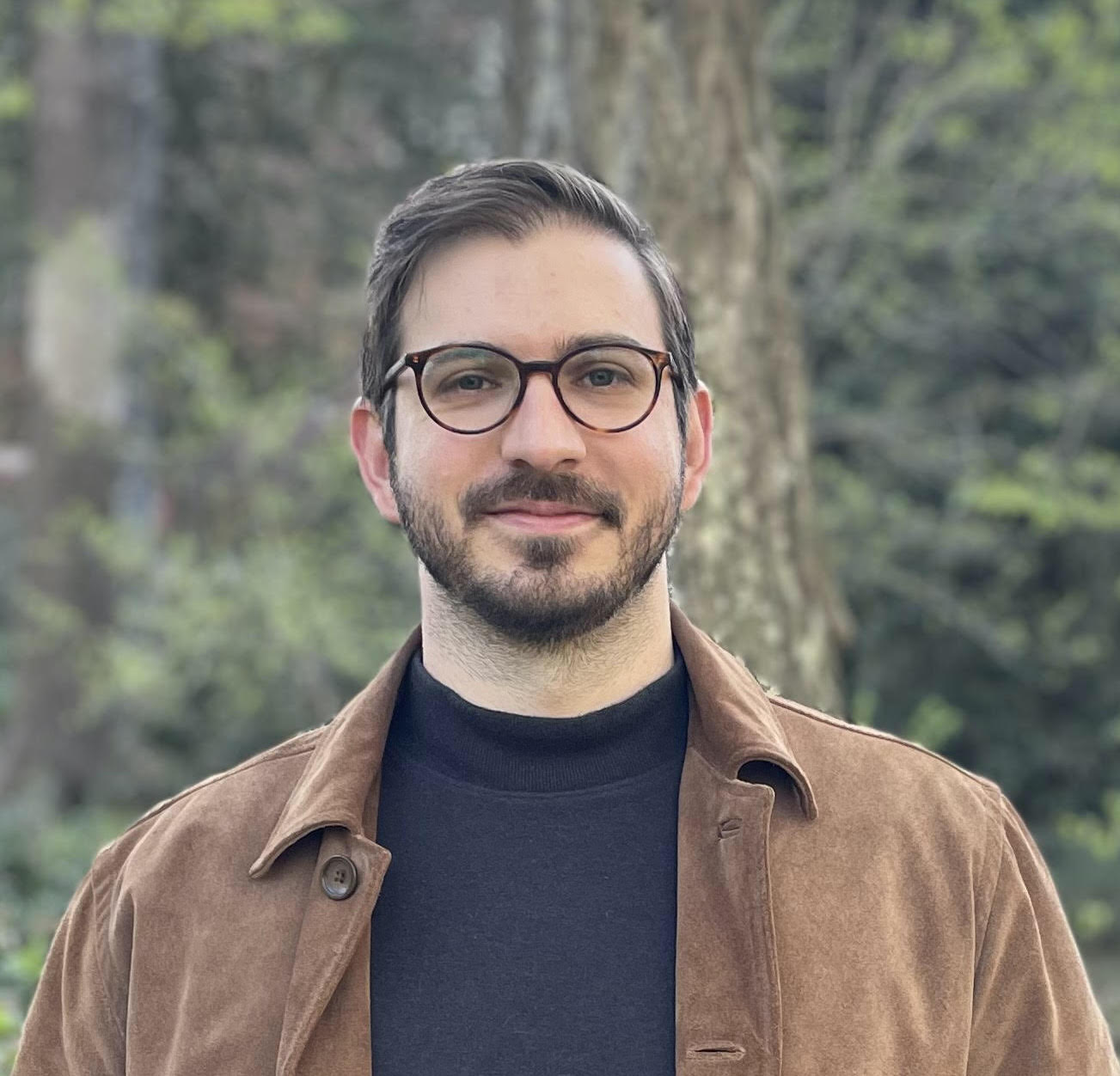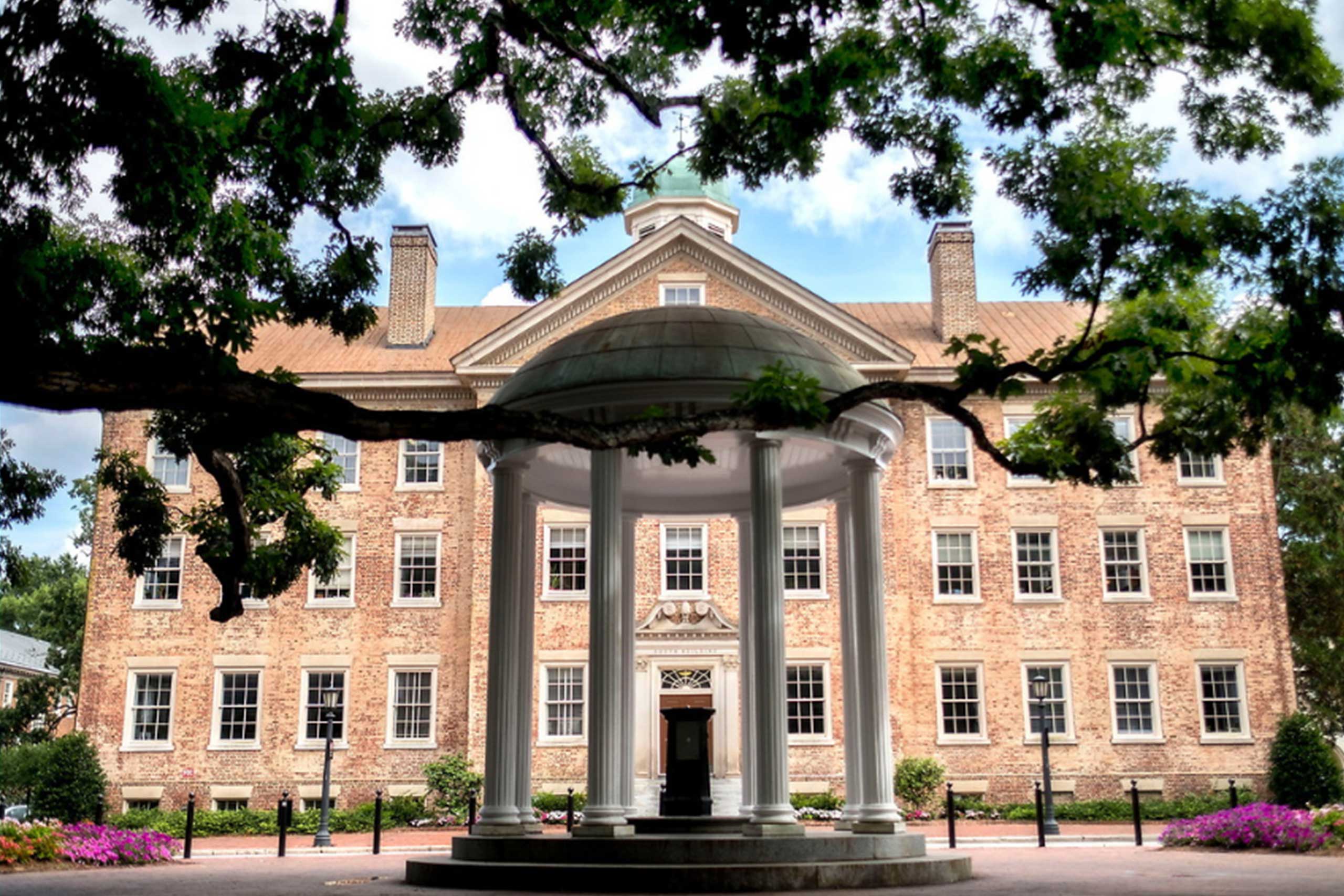
Persian art, language and culture, which is identified with modern Iran and adjoining regions, is one of the most formidable cultural traditions in the world, going back more than 2,500 years to the ancient Persian empire of Cyrus the Great. Spoken by as many as 70 million people today, Persian has for centuries served as a lingua franca across much of Eurasia for subjects ranging from philosophy, science and medicine to poetry, governance and education.
Given that historical significance, it is not surprising student demand for advanced courses in Persian language and culture is high. Beginning in 2000, when Persian instruction began at UNC, and continuing through spring 2010, when the Persian Studies Program was formally organized, Carolina has sought to meet that demand. Today, UNC boasts one of the only graduate programs in Islamic studies in the United States with a strong commitment to Persian. It also offers comparative perspectives on the multiple religious traditions of Iran.
Already appealing to top graduate students worldwide, UNC’s allure will only increase thanks to the creation of Roshan Institute Fellowships for Excellence in Persian Studies. These new fellowships, made possible through Roshan Institute Fund for Excellence in Persian Studies established by a grant from Roshan Cultural Heritage Institute, will provide much-needed support for Carolina’s efforts to attract and retain graduate students of the highest quality. Plus, they will allow the University to increase diversity among its graduate student population by helping offset additional costs incurred by international and out-of-state students. Read more about the Roshan Institute Fellowship and UNC here.






